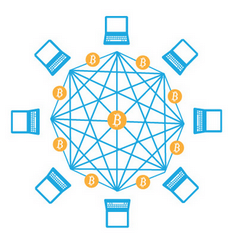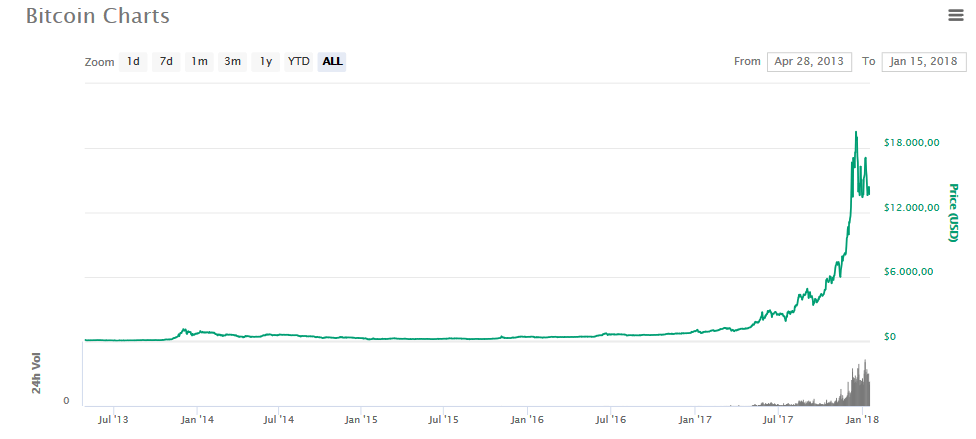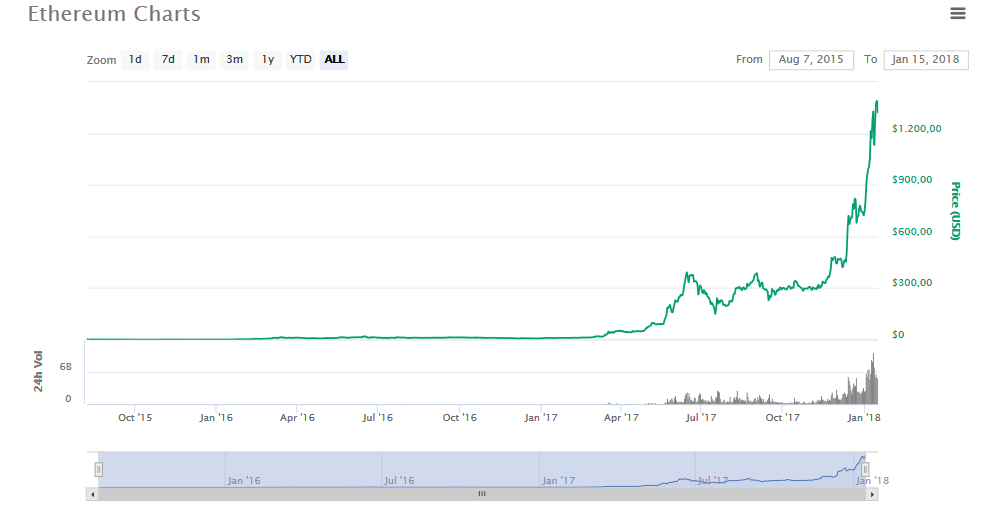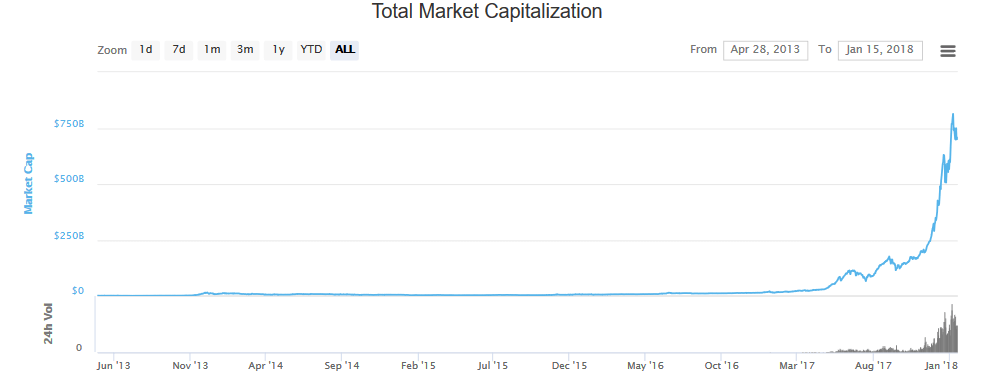We use cookies to make your experience better. To comply with the new e-Privacy directive, we need to ask for your consent to set the cookies. Learn more.
What is BlockChain

Summary
What is BlockChain - BlockChain explained
To answer the question what is blockchain maybe it would serve 10 pages but in this post I will try to resume the most important charateristics and try to make it more simple as possible.
So what is BlockChain?
Blockchain is a new technology which consist in a continuously growing list of records, called blocks, which are linked and secured using cryptography. It is an open, decentralized and distributed ledger that can record transactions between two parties efficiently and in a verifiable and permanent way. It facilitates secure online transactions.
A blockchain is a decentralized and distributed digital ledger that is used to record transactions across many computers so that the record cannot be altered retroactively without the alteration of all subsequent blocks and the collusion of the network.
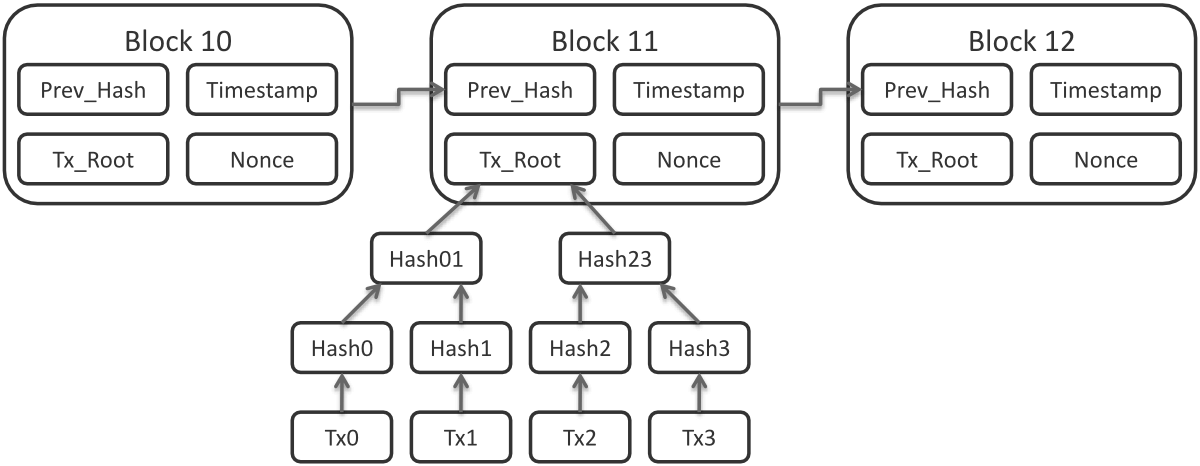
img: BlockChain, a continuous Chain of Blocks containing transactions
By storing data across its network, the blockchain eliminates the risks that come with data being held centrally. The decentralized blockchain may use ad-hoc message passing and distributed networking. Its network lacks centralized points of vulnerability that computer crackers can exploit; likewise, it has no central point of failure.
Who invented the BlockChain?
The first blockchain was conceptualized in 2008 by an anonymous person or group known as Satoshi Nakamoto and implemented in 2009 as a core component of Bitcoin where it serves as the public ledger for all transactions.
Who is Satoshi Nakamoto?
There is a lot of speculation about who is Satoshi Nakamoto, the genial mind who invented the BlockChain and Bitcoin. Someone says he is Elon Musk (Tesla, Space-X fouder) or Craig Wright (an Australian computer scientist and businessman) other ones that is a group of 4-5 people. It's still a mystery.
I believe one of them is Nick Szabo (a computer scientist, legal scholar and cryptographer) who In 1998, designed a mechanism for a decentralized digital currency he called "bit gold". Bit gold was never implemented, but has been called "a direct precursor to the Bitcoin architecture.
Another one of the group could be the computer scientist Hal Finney: it has emerged that he was the recipient of the first Bitcoin transaction, and that he lived a "few blocks" from the seemingly-oblivious Satoshi Nakamoto.
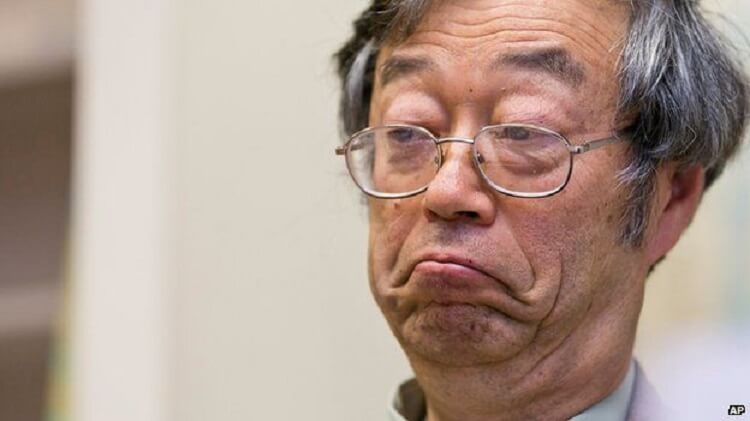
img: Mr. Satoshi Nakamoto, the Hal Finney neighbour and the unaware BlockChain inventor
The BlockChain Technology
The blockchain seems a new technology with a lot of potential. It permits to do things that were impossible until few years ago.
To resume the answer "What is blockchain?": it is a huge distributed ledger impossible to cheat where every node (every miner / computer) is storing in its hard disk the exactly same copy of the database cointaining all the historical transactions.
There are a lot of BlockChain projects but the majority was invented taking a cue from the 2 most important projects today: Bitcoin and Ethereum.
What is Bitcoin
Bitcoin is the first cryptocurrency based on the blockchain technology and it was launched in 2009. Bitcoin is a form of digital currency, created and held electronically. No one controls it. Bitcoins aren’t printed, like dollars or euros, they’re produced by people, and increasingly businesses, running computers all around the world, using software that solves mathematical problems.
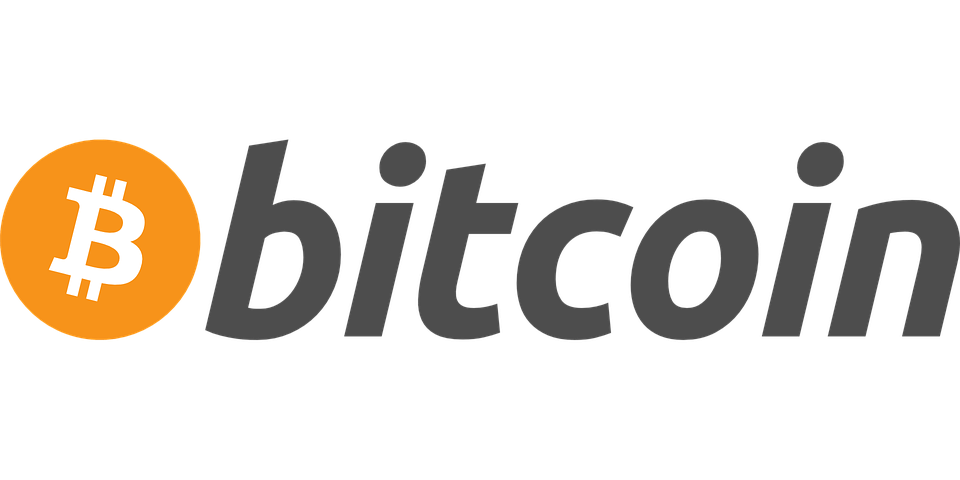
Bitcoin is an anonymous digital currency and its aim is to become a currency accepted by everyone woldwide. It is special because it has been the first and it has mantained a lot of security during a lot of experimental years.
Bitcoin is decentralized digital cash, that's why people love it
Why bitcoin and blockchain projects in general are so special and loved by people but not by Central Banks and Governments? Because they are DECENTRALIZED.
All the blockchains should be decentralized! No single institution controls the bitcoin network. This puts some people at ease, because it means that a large bank can’t control their money.
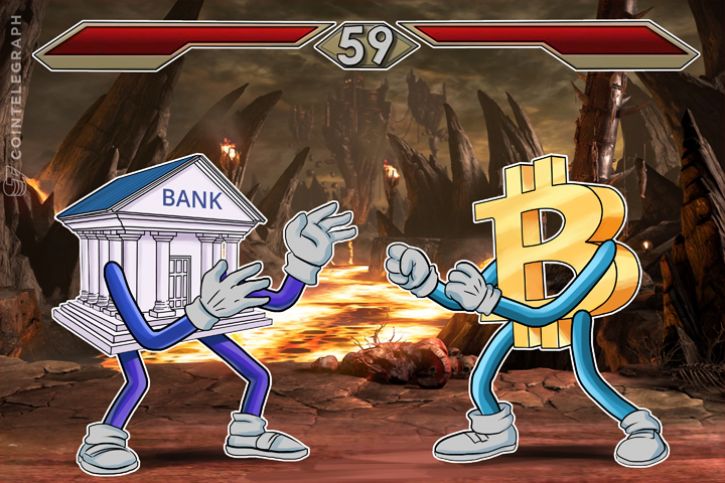
So decentralized means that no one is in full control of Bitcoin, the bitcoin network isn’t controlled by one central authority!
Every machine that mines bitcoin and processes transactions makes up a part of the network and earn a part of the transaction fees.
The currencies that we are using today (€, $, Yen, GBP, AUD etc) are CENTRALIZED because only CENTRAL BANKS can create and control them. They decide when, how, how much and what to buy with them.
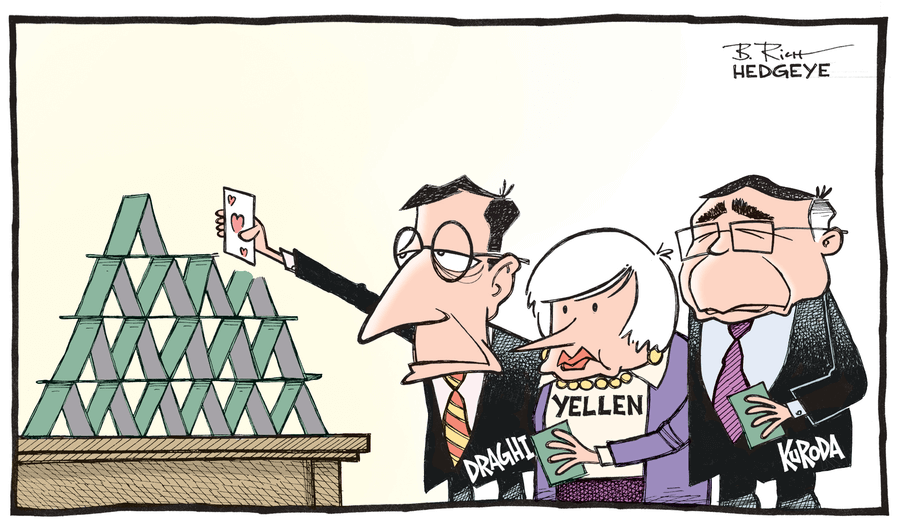
What is Bitcoin, is something totally different. It has born and has remained decentralized money, in addition it has a limited max supply of 21,000,000 units. Instead FIAT currencies (€, $, Yen etc) can be created up to infinity. That's another reason why people loved and love this concept of money and a reason of Bitcoin price growth during years.
Bitcoin price
The following chart shows the Bitcoin price from 2013 to January 2018:
source: https://coinmarketcap.com/currencies/bitcoin/
During the years have born a lot of crypto, someone probably better than Bitcoin in terms of speed and transaction fees. But Bitcoin will always remain in any case in the history as the first hero of the cryptocurrencies without which all the others maybe would not exist today.
The second world famous cryptocurrency is Ethereum and it allows to do things that Bitcoin don't permits. We have seen what is BlockChain and what is Bitcoin, now let's talk about what is Ethereum.
What is Ethereum
Ethereum is another BlockChain based project different from Bitcoin. Ether can be a used as a currency like Bitcoin to transfer value but what is Ethereum, is more than just a digital payment method. Ethereum is also a project that permits to create DECENTRALIZED APPLICATIONS that run on the Ethereum BlockChain through smart contracts execution.
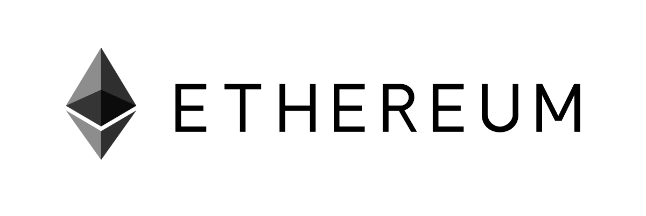
To explain better what is Ethereum: it is an open-source, public, blockchain-based distributed computing platform featuring smart contract (scripting) functionality. It provides a decentralized Turing-complete virtual machine, the Ethereum Virtual Machine (EVM), which can execute scripts using an international network of public nodes.
Ethereum also provides a cryptocurrency token called "ether", which can be transferred between accounts and used to compensate participant nodes for computations performed. "Gas", an internal transaction pricing mechanism, is used to mitigate spam and allocate resources on the network.
Ethereum price
This is the Ethereum price growth from 2015 to January 2018:
source: https://coinmarketcap.com/currencies/ethereum/
What is internet today and how Ethereum could change it
It is not easy to realize what is Ethereum, to understand what is Ethereum and its potential is better to talk about what internet is today. Today our personal data, passwords and financial information are all largely stored on other people's computers in clouds and servers owned by companies like Amazon, Facebook or Google. Take the example of an online document service like Evernote or Google Docs.
This setup has a number of conveniences, as these companies deploy teams of specialists to help store and secure this data, and remove the costs that come with hosting and uptime. But with this convenience, there is also vulnerability.
As we've learned, a hacker or a government can gain unwelcome access to your files without your knowledge, by influencing or attacking a third-party service – meaning they can steal, leak or change important information.
The idea is that one entity will no longer have control over your notes and that no one could suddenly ban the app itself, temporarily taking all of your notebooks offline. Only the user can make changes, not any other entity.
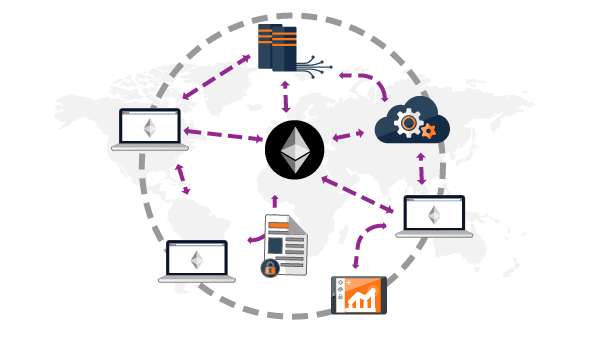
In short, ethereum wants to be a 'World Computer' that would decentralize and some would argue, democratize the existing client-server model.
With ethereum, servers and clouds are replaced by thousands of so-called "nodes" run by volunteers from across the globe (thus forming a "world computer") that will earn ether in compensation of their work.
To understand even better what is ethereum let's talk about Smart Contracts that are the element that permits developers to build on the Ethereum BlockBhain the Decentralized Applications (DAPPS).
What is a Smart Contract
Smart contracts are programs that execute exactly as they are set up to by their creators.
A smart contract, also known as a cryptocontract, is a computer program that directly controls the transfer of digital currencies or assets between parties under certain conditions.
The smart contracts not only defines the rules and penalties around an agreement in the same way that a traditional contract does, but it can also automatically enforce those obligations.
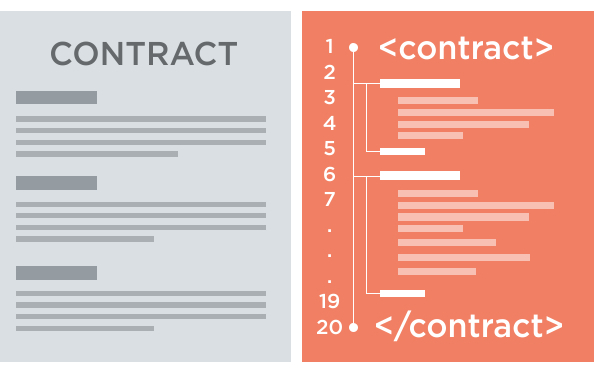
It does this by taking in information as input, assigning value to that input through the rules set out in the contract, and executing the actions required by those contractual clauses. For example, determining whether an asset should go to one person or returned to the other person from whom the asset originated.
These smart contracts are stored on a decentralized ledger that also underpins Bitcoin and other cryptocurrencies (the BlockChain technology). Blockchain is ideal for storing smart contracts because of the technology's security and immutability.

Vitalik Buterin (Ethereum Co-founder) on Smart Contracts
"Suppose you rent an apartment from me. You can do this through the blockchain by paying in cryptocurrency. You get a receipt which is held in our virtual contract; I give you the digital entry key which comes to you by a specified date. If the key doesn’t come on time, the blockchain releases a refund. If I send the key before the rental date, the function holds it releasing both the fee and key to you and me respectively when the date arrives. The system works on the If-Then premise and is witnessed by hundreds of people, so you can expect a faultless delivery. If I give you the key, I’m sure to be paid. If you send a certain amount in bitcoins, you receive the key. The document is automatically canceled after the time, and the code cannot be interfered by either of us without the other knowing since all participants are simultaneously alerted. You can use smart contracts for all sort of situations that range from financial derivatives to insurance premiums, breach contracts, property law, credit enforcement, financial services, legal processes and crowdfunding agreements."
Conclusions
The BlockChain is basically a distributed database. Think of a giant, global spreadsheet that runs on millions and millions of computers. It’s distributed. It’s open source, so anyone can change the underlying code, and they can see what’s going on. It’s truly peer to peer; it doesn’t require powerful intermediaries to authenticate or to settle transactions. It uses state-of-the-art cryptography.
In 2017 the interest in cryptocurrencies and their prices rose exponentially, last year Bitcoin price was arount 1,000$, today it is worth 15,000$. Ethereum price in 2017 was $10, today it is over $1,000.
Even this technology and the cryptocurrencies appears so innovative, the Bitcoin price, the Ethereum price and the majority of the other cryptocurrencies prices rose like crazy in 2017, the total crypto market capitalization is 41 times more than it was just 1 year ago. That's something impossible to see in traditional markets.
img: cryptocurrencies total market capitalization, source: https://coinmarketcap.com/charts/
So even BlockChain Technology is so innovative, the question is: are we in a cryptocurrencies bubble? Where the Bitcoin price, the Ethereum price and others cryptocurrencies prices could go in 2018 and in the following years?



